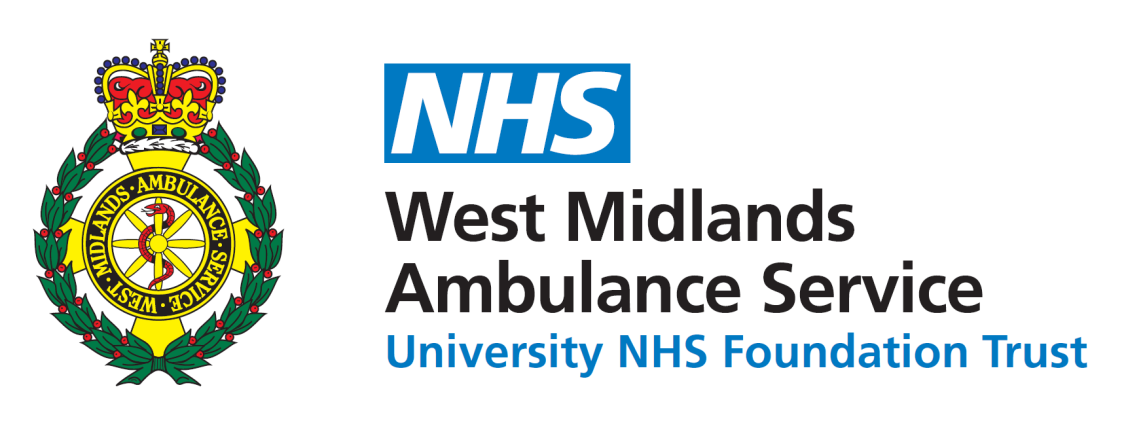Scientists have been given almost £4m to improve understanding of multimorbidity in hospital patients.
Research led by Newcastle University will focus on multiple long-term conditions in hospitalised patients and is funded by the Medical Research Council (MRC) and National Institute for Health Research (NIHR).
The four-year ADMISSION study aims to transform understanding of how different long-term conditions cluster or group together, why people are affected more often by some groups of conditions than others, and how hospital systems look after them.
NHS pressures
The number of people who have more than one long-term health condition, known as multimorbidity, is growing. This is increasing pressure on healthcare providers, such as the NHS, as these patients have complex needs – often staying in hospital for longer and taking more time to recover.
However, hospital systems are designed to treat single health conditions. Patients with multimorbidity often find their care is inefficient and unsatisfactory. For providers, this inefficiency translates into more costly care and potentially worse outcomes.
To find new ways to deliver hospital care, experts want to understand how long-term health conditions develop, and why particular conditions occur in groups.
Despite the recognised importance of multimorbidity in hospital patients, there has been little research in this area to date.
Professor Miles Witham, Deputy Lead for NIHR Newcastle BRC’s Ageing Syndromes theme, is co-investigator of the ADMISSION study.
He said: “We are delighted to have received this substantial award from the MRC and NIHR to fund our research.
“The results of ADMISSION will provide a springboard for developing, testing and delivering novel approaches to transform care for people with multiple long-term conditions before, during and after admission to hospital.”
ADMISSION will use cutting-edge data science, computing and statistical approaches to analyse ‘big data’ from routinely-collected healthcare records, along with information from the UK Biobank and the Scottish Health Research Register (SHARE).
Its focus will be on clusters of conditions: to describe how they occur across the population, to understand the mechanisms that explain them, and to examine their impact on patient pathways through healthcare.
Future care
This knowledge will inform the design of future care and treatments, with potential both to reduce costs, and to improve health outcomes for the millions of patients with multimorbidity admitted to hospital each year.
Newcastle University is leading the study, collaborating with Newcastle Hospitals NHS Foundation Trust, University of Birmingham, Manchester Metropolitan University, University College London and the University of Dundee.
Professor Liz Sapey, Professor of Acute and Respiratory Medicine at the University of Birmingham, said: “As a doctor working in acute medicine, I see many people admitted with multiple long-term conditions.
“Currently, we do not understand how and why some illnesses cluster together, and so do not know the best ways to care for these patients.
“Our expertise in using ‘big data’ from patient records through our PIONEER Health Data Hub here in Birmingham forms an important part of the ADMISSION programme.
“Describing how these illnesses cluster together, as part of the ADMISSION collaborative, is a crucial first step to improving care for patients with multiple long-term conditions.”
For more information, visit: www.admissioncollab.org




